Waneene Dorsey
Grambling State University
Project Title
Role and Regulation of Autophagy during Pentachlorophenol Exposure
Mentor
Sanjay Batra, Southern University and A&M College
Funding Periods
Full Project (May 1, 2018 - April 30, 2021)
Pilot Project (May 1, 2016 - April 30, 2017)

Abstract
Cancer patients can encounter difficulty and resilience when receiving chemotherapy. It is not that the medication is ineffective, but there are some inherent mechanisms that cause cancer cells to thrive in the presence of anticancer treatment. As a result, the patient's doctor now has to combine several medicines to target the cancer cells. I am investigating the autophagy response, which is a necessary event for recycling old and damaged cell parts. This activity helps the cell maintain its integrity and promotes cell survival. We can say that autophagy is a friend to the cell. On the other hand, autophagy becomes an enemy because it establishes an adaptation mechanism for cancer cells and causes them to thrive in the presence of chemotherapy. Therefore, understanding autophagy mechanisms associated with the progression of cancer can be helpful in finding new therapeutic medicines. In my research, I am using human lung cells and mouse liver cells to expose them to an organochlorine fungicide called pentachlorophenol (PCP). I am using this approach because 90% of all cancer cases are caused by chemical exposure. Exposure to PCP will cause an autophagy response in the lung cells and liver cells. Upon exposure to these cells, I am able to observe the various expressions of autophagy proteins such as Beclin-1, an essential initiator of autophagy, and p62/SQSTM, an autophagy marker. These findings will be helpful in preparing efficient chemotherapy outcomes for cancer patients.
